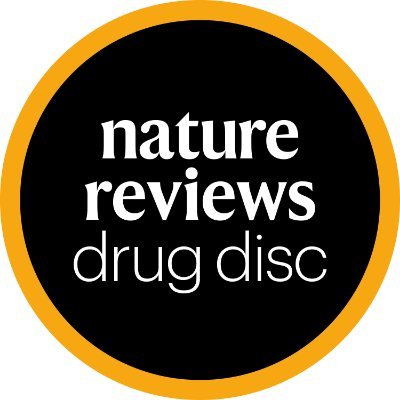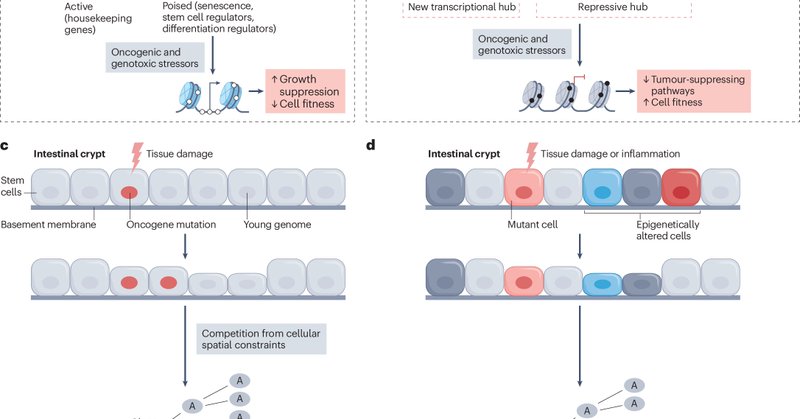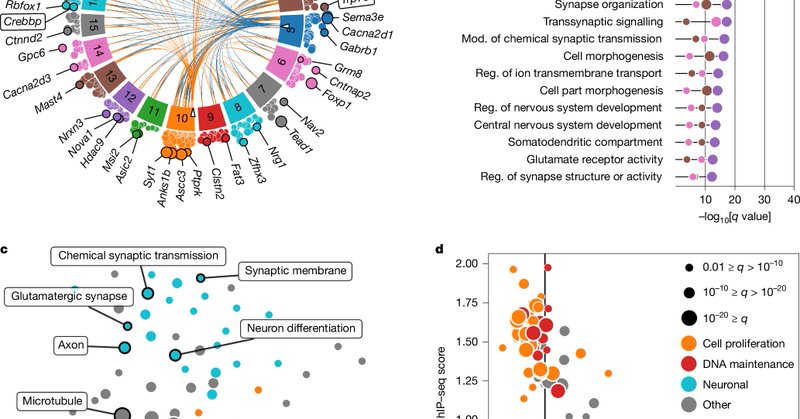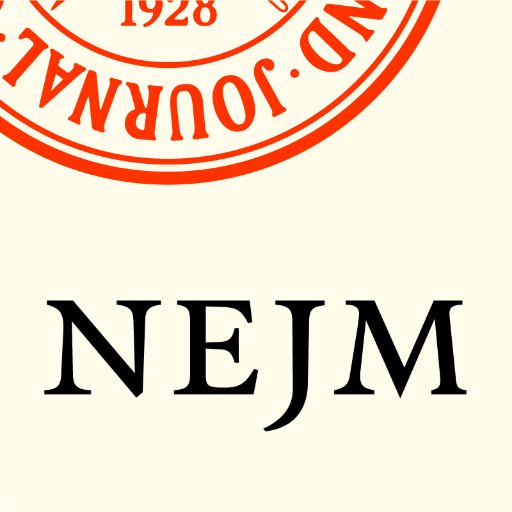
WanwankiinaraiD
@pimthaidaipao
Followers
21
Following
619
Media
2
Statuses
454
Not educational purpose. Just Saranae pai wanwan
Joined April 2022
γδ T cells are a unique population of immune cells that can recognize and kill tumors. A 2024 #ScienceReview explores current research efforts focused on how γδ cells naturally discriminate cancers from healthy tissues. https://t.co/VmJfWd95Um
#ScienceMagArchives
11
106
455
For readers interested in cancer therapies, this Review in the October issue discusses how metabolic modulators and dietary nutrients can improve the anticancer immune response and overcome drug resistance mechanisms https://t.co/MOCCOorAF4
https://t.co/uf5zldDw4K
3
89
330
ได้ยินเด็กเล็กคุยกับแมวหงุงหงิงเลยไปแอบฟัง 🐦: "แกห้ามมาอยู่ใกล้บ่อปลานะ มันอันตราย ไม่งั้นจะเผลอตกน้ำ แล้วแกจะกลายเป็นแมวน้ำ(?) นกน้อยไม่อยากเลี้ยงแมวน้ำ ถ้าแกไม่เชื่อฟัง แกจะถูกขับไล่ออกจากบ้านไป เข้าใจไหม ตอบมาซิ" "ที่บอกว่าขับไล่ออกจากบ้านน่ะ ล้อเล่นนะ อย่าไปจริงๆล่ะ"
32
34K
22K
this is the most adorable video you’ll see on the internet today 🥰 https://t.co/joGPigV4e2
2K
42K
266K
In vivo CAR-T cell therapy https://t.co/VZojof7D8T
https://t.co/BIxZAyySli This new Review discusses how technological advances that remove the need for ex vivo manipulation and chemotherapeutic conditioning could enable wider application of CAR-T cell therapies
1
72
212
Amazing result A 21-yo woman with ulcerative colitis resistant to every tested therapy (prednisolone, mesalamine, infliximab, ustekinumab, ozanimod, filgotinib, vedolizumab, upadacitinib, cyclosporine + mirikizumab, and blinatumomab) CD19 CAR-T cells induced remission:
7
74
567
A 2023 @SciImmunology Review contextualizes advances in CAR T cell #cancer immunotherapy, summarizing studies that explore the impact of metabolic stress on this treatment’s efficacy in the tumor microenvironment. Learn more: https://t.co/gAEBKYWAsA
#ScienceMagArchives
9
87
363
Major advance for refractory lupus by engineering the T cells in the patient's body (in vivo) and achieving success in 5 patients @NEJM (uses mRNA/nanoparticle package) https://t.co/TZgwD0B6OQ
2
58
207
“How” we sleep? “Why” we sleep? Open Access https://t.co/xjsUxvIgsh
The how and why of sleep: Motor theory and catecholamine hypothesis. The motor theory offers a unifying framework for sleep control, while the catecholamine hypothesis posits a core mechanism mediating sleep’s multifaceted benefits. Open Access https://t.co/iUbXllpcxB
2
208
920
RNA modification systems as therapeutic targets https://t.co/2Ofi90DQFJ
https://t.co/eJ0709uC7Q This new Review discusses the disease roles of proteins that regulate RNA modification and progress in targeting them, such as the RNA-methylating enzyme METTL3 in cancer
0
52
172
A 2023 @SciImmunology Review contextualizes advances in CAR T cell #cancer immunotherapy, summarizing studies that explore the impact of metabolic stress on this treatment’s efficacy in the tumor microenvironment. Learn more: https://t.co/gAEBKYWAsA
#ScienceMagArchives
4
92
333
Review 🚨 Easwaran&Weeraratna outline how #ageing leads to epigenetic alterations in the #TME, enhancing clonal expansion of mutations and ultimately increasing cancer risk. 📖 👇 https://t.co/G9Rq3WMtEl
nature.com
Nature Reviews Cancer - In this Review, Easwaran and Weeraratna outline how ageing leads to epigenetic alterations in the tissue microenvironment, enhancing clonal expansion of mutations and...
1
8
31
Nature research paper: Functional synapses between neurons and small cell lung cancer https://t.co/8OCZyKfqQD
nature.com
Nature - Small cell lung cancer cells form functional synapses with glutamatergic neurons, receiving synaptic transmissions and deriving a proliferative advantage from these interactions.
1
56
156
Drs. Dirk Görlich and Steven McKnight have won the 2025 Albert Lasker Award for Basic Medical Research for showing that low-complexity domains of proteins lack structure on their own and yet can form assembled states essential to cellular functions. Learn more in the Clinical
0
52
159
A new "AI makes scientific discoveries" paper, out in Cell. Don't know what to make of it. But here's a TL;DR: > Researchers in London are studying phages. These are viruses that infect bacteria. Usually, each phage has its own special "host" it likes to infect. > The
15
47
313





















